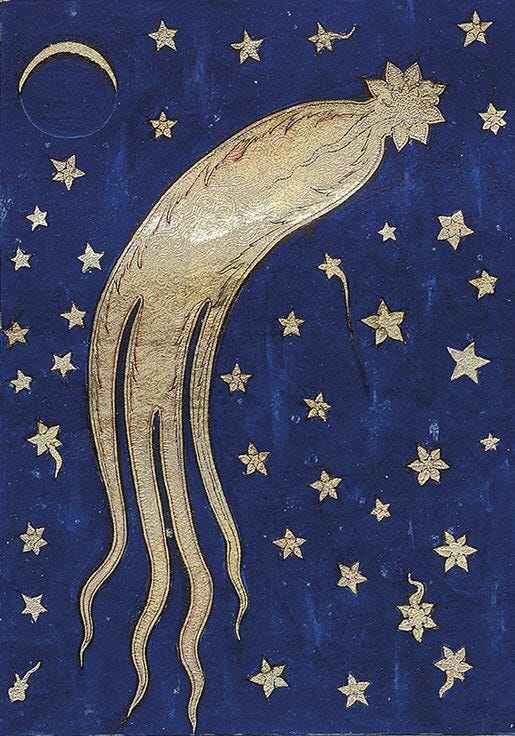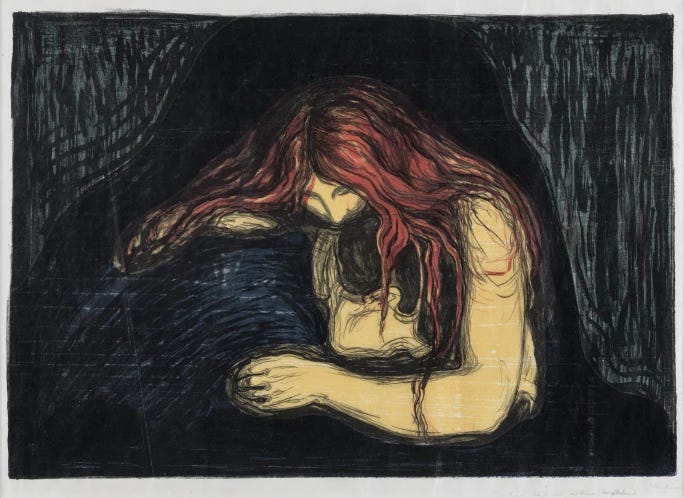There are many aphorisms that come with a cancer diagnosis. My oncologist prepared me for the ravages of cancer treatment, but definitely didn’t mention the amount of times I’d have to respond to someone telling me that I was brave. I’m not sure that any amount of preparation could have helped me respond to that with anything other than a weak smile and a tentative “thanks” with the subtext beneath being “I have no choice”.
In his article for Elephants & Tea (an adolescent and young adult [AYA] cancer patient magazine) Cody Morrison reflects on facing this “Myriad of Platitudes” in the wake of a diagnosis:
“They simply have never met cancer before.”
I often felt as if when people met me they were meeting the personification of cancer itself: an all-consuming void where a person once was. Someone whose misery spreads and invades, whose ravenous hunger for time and attention continues to gorge until every scrap of energy is drained. To call me brave or strong, or whatever the platitude of the day was, only added to the disconnect I felt between myself, my body, and other people.

Although, there was one (not) common (enough) phrase that seemed to me an antidote to these feelings of isolation and contagion: “I’m glad you’re here”. Was it possible for me to be a source of joy to someone in this state? Am I still present despite the chemical hollowing of my mind and surgical hollowing of my body?
I am still alive, and they still see me.
So when I say I’m glad you’re here now reading this, it doesn’t come from a place of mindless aphorisms to fill the void of conversation. It’s a phrase that brought me great comfort in a time of great pain. I hope to put the energy that sustained me back out into our world.
It’s a phrase that brought me great comfort in a time of great pain. I hope to put the energy that sustained me back out into our world.
To pursue this joy and to wield it, while holding space for the pain is the ultimate act of defiance against this disease, but also life in general and all of the challenges that come with it. My favorite stories from the historical record display this perseverance, creativity, and grit in the darkest of times. But what I often miss in the retelling of these stories is the nuance behind the suffering, and the twinge of melancholy that is the bedfellow of pleasure. We carry multitudes that allow us to comfort and consume simultaneously.
I am glad you’re here…
And I look forward to writing for you in the weeks and months to come. We’ll explore the painful bits of history through the lens of our ceaseless pursuit of pleasure and hopefully learn more about the depth of our own experiences, lives, and deaths along the way.
For more housekeeping details on what’s included with a free versus paid subscription please see the about section of this substack.
More About Your Writer:
Hello, my name is Corinne and in 2021 I was diagnosed with Stage II invasive ductal carcinoma, a type of breast cancer. I spent the next two years in cancer treatment, fighting for my life, but also learning to accept my mortality. But I’ve had enough group-therapy introductions to bore the both of us.
I’ve worked in the funeral industry at a historic cemetery for nearly a decade. I began my career as a volunteer natural burial scout–looking for extra spaces between lots where people could be buried in a more sustainable manner. 7 years later into my career I manage the Death Education program at the cemetery I work at, as well as a number of other project advancing sustainable death care and consumer choice at the end-of-life.







